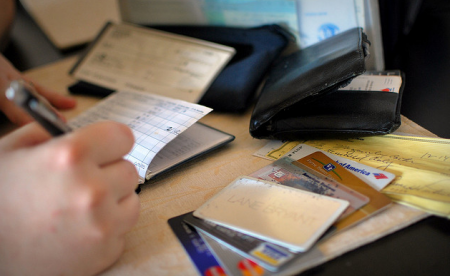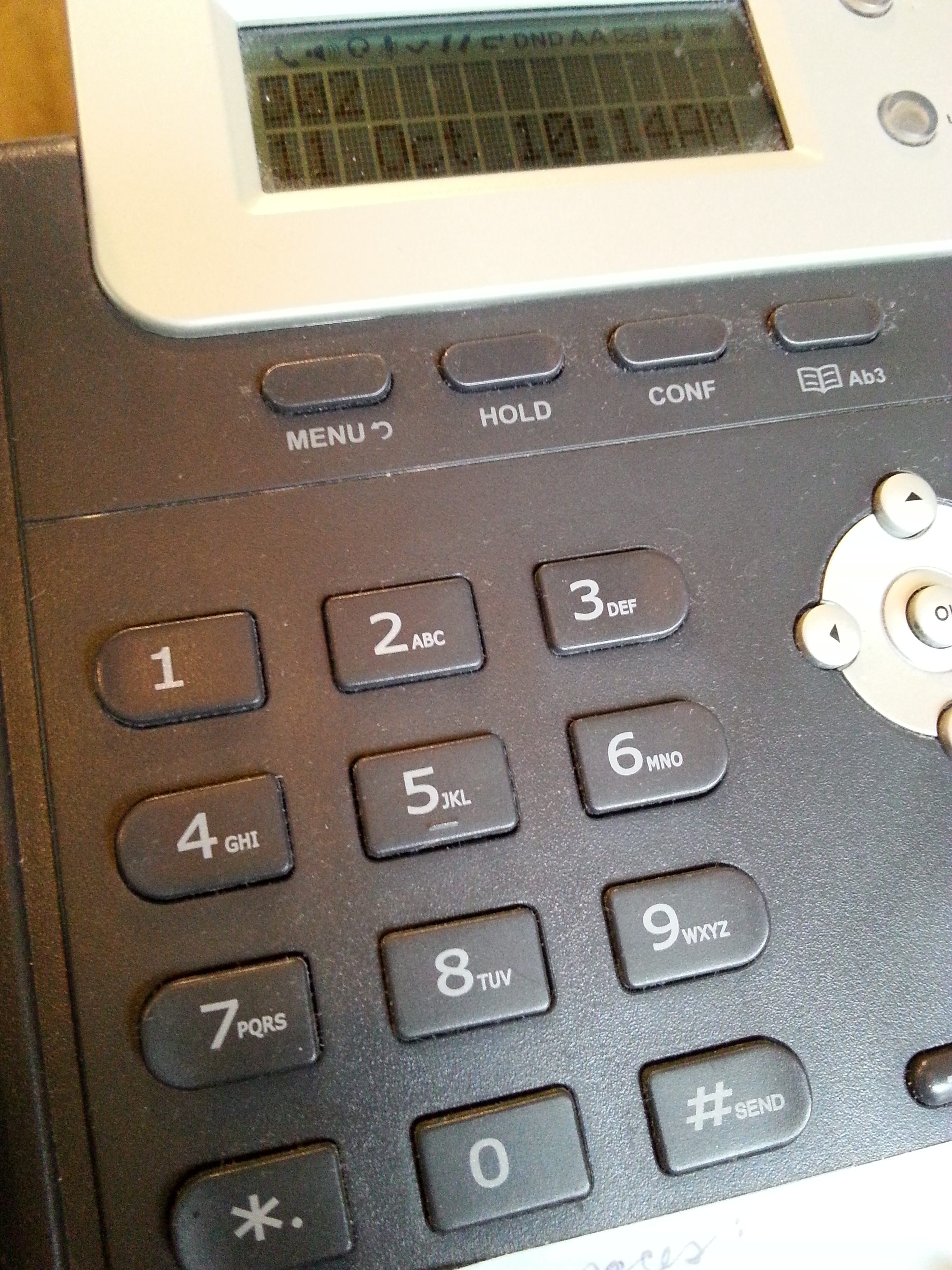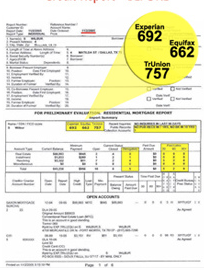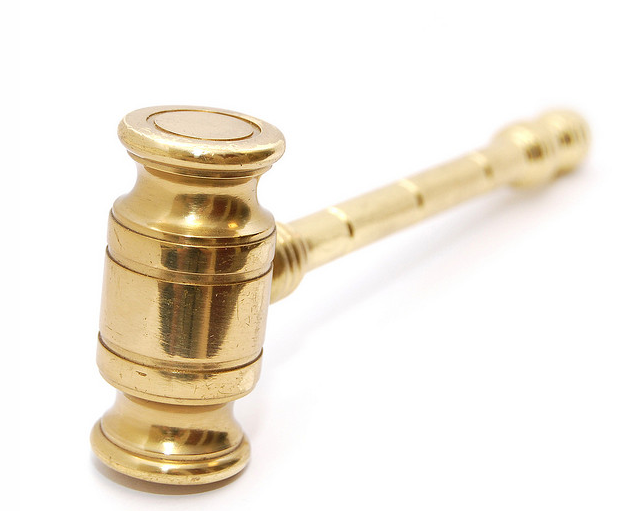You may think you need to keep a major credit card for emergencies, or you want to pay an unsecured debt because you feel an obligation to a “friendly” lender. The point of bankruptcy is to get you out of the debt and give you a fresh start, free of the credit trap.
If you are tempted to pay these debts, keep this in mind
• Using credit cards or getting loans may have been part of the debt problem that got you into bankruptcy;
• You can use your bank debit card (MasterCard or Visa check card) like a credit card;
• Keeping your lender’s “goodwill” may not be worth the thousands of dollars that you will be paying in principle and interest.
• Even if you pay your lender in full, banking practices require that future credit extensions be based on your credit score – not the banker’s good feelings toward you.
For years, I have used only debit cards. I have used my VISA and MasterCard bank Debit cards to reserve hotel rooms, book airline flights, rent an automobile, and make local and online purchases. I like this because I get NO bills at the end of the month, I cannot exceed my cash in the bank, and I have the money that I would have been paying toward credit card bills in MY pocket, instead going toward interest to a big corporation.
Here are a few general safety rules for using you debit cards online:
Never send your card number by email. Online thieves have developed sophisticated programs that constantly search emails for key words and number structures related to credit card transactions — including sending the number in parts in several different emails!
Trust your instincts and be a detective! If you want to make a purchase on the web, ask yourself:
- Does company look honest?
- Are their prices too good to be true?
- Are they asking you to input social security information directly into their web site?
Run a Google search for the company and see if any fraud alerts or a large number of complaints turn up.
Make sure the website link is a secure one. Train yourself to always look for https:// at the beginning of the link, rather than http:// . That “s” means ‘secure’.
Check your bank statements carefully, and inform your bank immediately of any doubtful transactions. Deactivate or suspend your card to prevent further fraud.
Remember this: banks and card issuers will NEVER ask you to respond directly to an email communication, or through a link sent to you by email.
Find out if your bank offers a special card for online use, only. These cards work by verifying the recipient, or by sending a text message to you requesting confirmation of the purchase, or, still others use a prepayment system that limits your loss to the amount that you prepaid.
Clear your Internet browser’s cache and cookies, and close out completely after every transaction before continuing to view other sites on the Internet.
Be wary of suspected fraud sites.
Do not follow a link in an email that you did not sign up for. In some cases, websites can steal your credit card information from your browser’s cache.



